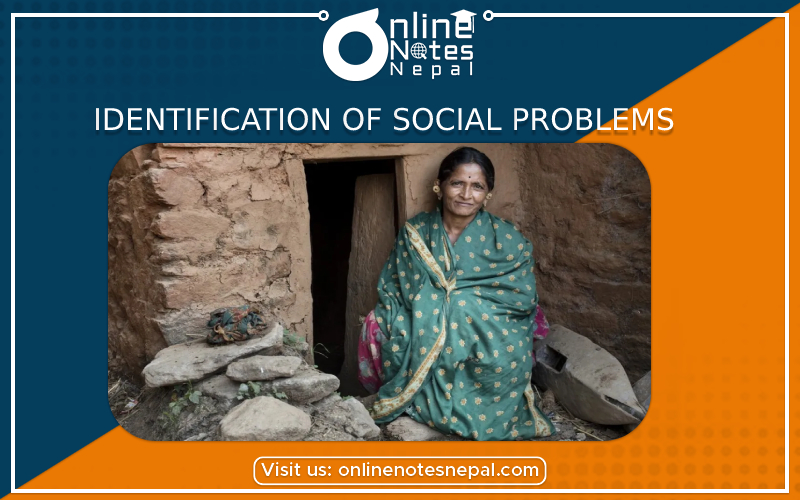Published by: Mandira
Published date: 16 Jan 2022

A social problem is a condition that at least some people in a community view as being undesirable. We human beings have formed a society which gives us protection and strength for development. The same society has also nourished evils and perversions, known as social problems.Everyone would agree about some social problems, such as murders and DWI traffic deaths. Other social problems may be viewed as such by certain groups of people. It is essential to find the causes of the social problem before striving to solve it. Our ignorance, selfishness, inhumanity and ineffective might have caused them. Some of our traditions themselves have some superstitious and evil elements and have turned into social problems overtimes. All social problems are socially generated. They are not a product of nature. Even environmental problems are not so. These problems need to be tackled at our earliest.
The social problems prevailing in Nepal can be studied categorizing the in to the following headings.
Regional disparity is acute in our country. As for ecological zones, many Terai communities have a low level of social awareness and evil practices such as dowry system. The eastern Terai has Bhutanese refugee problem. Due to widespread superstition and ignorance, Chhaupadi, Badi, Deuki, Kamaiya, systems are common. Chhaupadi is a tradition of keeping women, during labour and period, away from home in poorly built huts or sheds. Some Badi women are still compelled to earn their living by giving sex for money. Kamaia are bounded labourers who are not given good wage and freedom of work. Deukis are young girls offered to temples in order to have wishes fulfilled. Child labour is high in all major city areas.
Nepal is a multilingual state. We have varied languages as the ethnicities, languages are our heritages. But traditionally the state has patronized certain languages- mostly Sanskrit in the past and Nepali in the modern time. As a result, many languages are declining and this is the loss of our heritages. English language, the first international language largely growing in use, has further overshadowed our local languages. English users consider themselves superior to others. No doubt we need English in modern time. But it uses should not overshadow local languages.
Predominantly Nepalese society is male-dominated. Women have always been suppressed and remained backward. They are victims of many discriminatory laws, traditions, norms and values. They strongly discouraged from taking equal parts in social economic and political affairs of the state. This practice has kept half of the population, who could equally contribute, discouraged. Balanced development of men and women represents true and sustainable development. Over recent times, some important legal arrangements and political commitments been made for gender equality and women empowerment but the implementation side have always remained poor.
Nepalese society has always been a capitalist society where clear class discrimination prevails. The means and resources have not been equally distributed. More than 20% of the population live in absolute poverty. Real farmers, for instance, have got their own lands to cultivate whereas landowners don't even tread on their land and leave it uncultivated because they have other lucrative income sources. The gap between rich and poor is widening. Many are starving and a few are suffering from indigestion. Unemployment is deep-rooted. Such economic inequality has given ways to social evil practices like loot, robbery, theft, burgling, etc. Time and again dissatisfaction and stress triggered by class discrimination result in social revolts, too.
Social problems have drawn the attention of many aware people. Finding a solution to social problems is a concern of many people including those involved in social welfare.